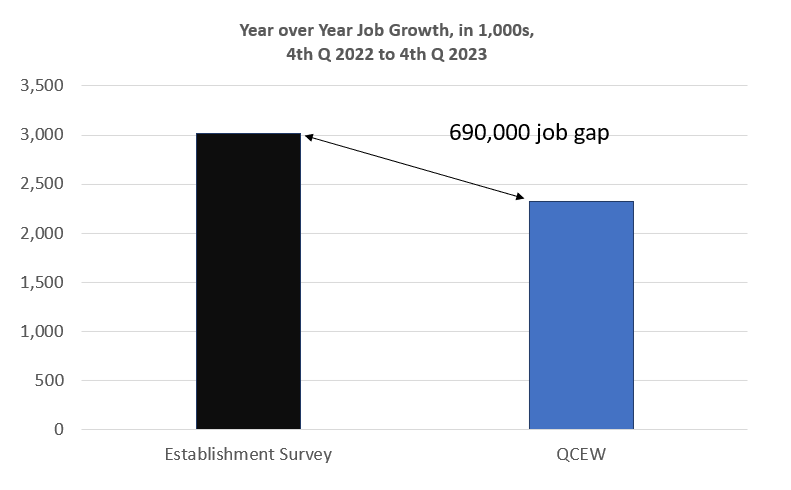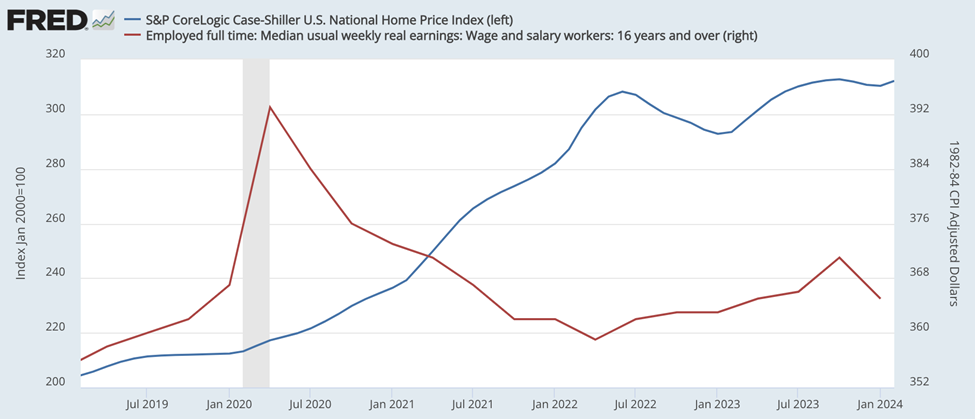The BJP-led National Democratic Alliance (NDA) has finally secured an electoral mandate on June 4, 2024. However, the stock market has not reacted favorably to this mandate because the BJP was unable to surpass the magical number of 272 seats in the Lok Sabha. Both the SENSEX and NIFTY corrected themselves by approximately 6%. The market is anxious about policy continuity since the BJP does not have a clear majority in the Lok Sabha and will have to govern in coalition with other political partners, especially the Telugu Desam Party from Andhra Pradesh and the Janata Dal (United) from Bihar. Despite Number Games, The NDA has chosen Narendra Modi as its leader and will soon form a government. However, in political circles, rumors are spreading that his political allies could betray him, potentially allowing the I.N.D.I. Alliance to form a government
The NDA won 291 seats, of which 240 were secured by the BJP alone. Notably, the BJP’s 240 seats exceed the total seats of the opposition-led I.N.D.I. Alliance, which garnered 234 seats. The major disappointment came from Uttar Pradesh, where the BJP only secured 33 seats, even losing the seat of Ayodhya, where they had pledged & build a Magnificent Ram Temple. Chandrababu Naidu of the TDP and Nitish Kumar of the JDU are now seen as kingmakers.
In my opinion, these numbers indicate that India has voted for socialism. The electorate seems to have prioritized social justice and short-term tactical economic policies over long-term growth-oriented economic policies. These include the creation of government jobs, affirmative action plans, a planned economic system, and anti-privatization and disinvestment measures. As someone from Uttar Pradesh, I must say that despite ongoing industrialization, people voted along caste lines. Now, the question arises whether Modi’s economic reforms will continue or if his allies will influence the agenda.
To answer this question, we must examine the BJP’s allies and their ideological stances. First, let’s consider Nitish Kumar of the JDU. His political history and character are often seen as unreliable, as he has a reputation for frequently changing political sides. His party leans towards socialism and is considered a defender of social justice in Bihar. His government conducted a caste survey, emphasizing his pro-socialist stance. While he could potentially split the NDA, he only holds 12 seats, and even if he chooses to leave, it is unlikely to defeat the NDA on the Lok Sabha floor. The Congress and its I.N.D.I. Alliance would need more NDA partners. However, he might join the I.N.D.I. Alliance if the political scenario favors him.
India’s democracy is complex; even a single Lok Sabha seat can be significant. Chirag Paswan of the LJP(R), an NDA ally from Bihar, won five seats but has proclaimed himself as Narendra Modi’s Hanuman in past, indicating he will not leave the alliance. The most important person to watch is Chandrababu Naidu of the TDP, who won 16 seats in Andhra Pradesh and secured a clear majority in the Andhra Pradesh Legislative Assembly by defeating the incumbent YSR Congress Party. Naidu is set to take the oath as Chief Minister of Andhra Pradesh. The question is whether he will leave the NDA along with the Jana Sena Party, which secured two seats.
Naidu could leave the NDA due to social factors, having previously been the mastermind behind the 2019 coalition against Modi. However, he is a pro-reformist, inclined towards pro-development and pro-market policies. He was responsible for introducing the IT revolution in Andhra Pradesh during his previous tenure as Chief Minister, earning the moniker “The CEO of Andhra Pradesh.” His economic ideology aligns with the BJP’s economic policies. When the I.N.D.I. Alliance called for a caste census in India, he advocated for a “Skill Census” to collect data for formulating economic policies and creating employment opportunities. From an economic perspective, he is unlikely to quit the BJP and may help the BJP formulate pro-market economic policies.
Even if both the JDU and TDP leave the NDA with their 28 seats, the BJP-led NDA would still be in a position to form the government with the support of independent candidates. Naidu also faces severe corruption cases, necessitating the support of central law enforcement agencies. If he quits the NDA, the YSR Congress Party, which has four Lok Sabha seats, could support the NDA. Nitish Kumar of the JDU faces health issues, suggesting his political journey might soon end, making it unlikely for him to quit.
In his speech at the BJP headquarters, Narendra Modi clearly indicated that they would continue with reforms and hinted at significant political decisions, such as implementing the Uniform Civil Code, One Nation One Election, and incorporating POK into India. Despite the chaos, the BJP secured a clear majority in the Odisha Legislative Assembly. Even though the I.N.D.I. Alliance consolidated caste and minority combinations, they failed to defeat the BJP. However, NDA allies might create obstacles on issues like the UCC and One Nation One Election. This will be the first time in Modi’s political administration that he will have to run a coalition government. It is too early to judge whether he can manage a coalition, but his experience as BJP General Secretary, where he helped form coalition governments, is promising. Modi’s foreign policies are expected to remain intact.
Everyone discusses Ayodhya, where the BJP faced a setback. The Ayodhya result once again signifies that Hindus are among the most secular people globally. It proves that they never voted based on Hindu nationalism, contrary to Western media portrayals. Similarly, in Varanasi, where Modi won, his margin was only 150,000 votes, down from previous victories exceeding 500,000. These two electoral seats have seen the highest investments since independence and are emerging as global spiritual centers. Tourism in these cities has increased exponentially.
My Western friends will ask why the BJP lost in these cities despite implementing pro-development policies. The answer is simple: caste politics. Dalits voted against the BJP, and Yadav votes fully transferred to the I.N.D.I. Alliance. Even upper castes like Brahmins, Kshatriyas, and Vaishyas were divided between the NDA and I.N.D.I. Alliance. However, one religion remained united: Muslims, who fully consolidated against the BJP. Ironically, Muslims in India are the biggest beneficiaries of Modi’s welfare schemes, yet they voted against the NDA.
I am certain that Western media, libertarian & liberals, left-leaning economists and social scientists will delve into why Hindus did not vote for the BJP despite the construction of the Ram Temple after a 500-year legal and political battle. The majority among minorities in India, particularly Muslims, voted against the BJP despite benefiting from housing schemes, food security, and fertilizer subsidies. These complexities warrant thorough analysis and conclusions.
Conclusion: Those who think Modi lacks a majority and can be pressured by his allies should reassess. He is known for exerting pressure on others. Along with Amit Shah, the Home Minister, Modi can achieve the unexpected in Indian politics. Despite lacking a clear majority in the Rajya Sabha, they managed to abrogate Article 370. Amit Shah is a master of political management. The BJP needs to introspect where they went wrong, especially since they claimed they would win over 400 seats. They need to revamp and transform their political organization. The results in Maharashtra and Haryana should be analyzed to strategize for upcoming legislative assemblies. However, we must accept that the people of India have chosen a coalition government with a socialist leaning, even if it’s not to everyone’s liking.
Full story here Are you the author? Previous post See more for Next postTags: Featured,newsletter
























